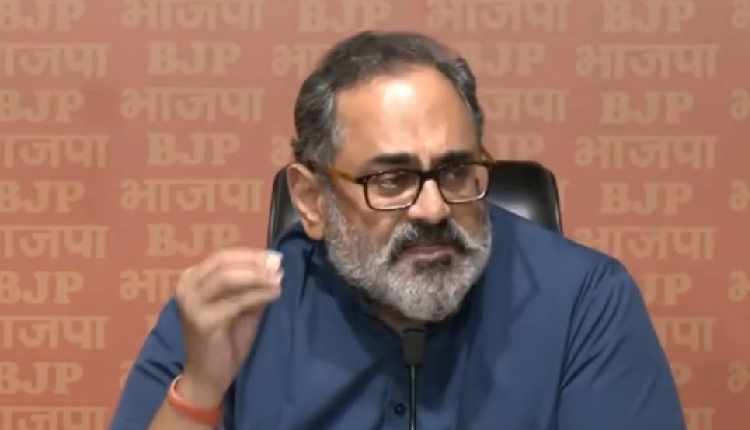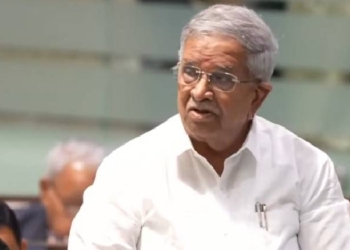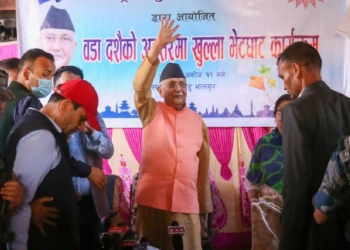New Delhi: From zero presence in the global supply chain 10 years back, India now has a significant role to play in the supply chain ecosystem across industries, creating huge investment and job opportunities, Union Minister Rajeev Chandrasekhar has said.
The minister reacted to a commentary piece in Forbes which mentioned that for supply chain leaders, India is a promising new region with lower tariffs, lower landed costs, and special incentives for many industries, under the visionary leadership of Prime Minister Narendra Modi.
“From being absent in global supply chains in 2014 to today rising to a major presence in global supply chains, creating investments and jobs is yet another Prime Minister Narendra Modi’s transformation of India’s economy,” Chandrasekhar posted on X social media platform.
Today, India is a solid option to diversify the global supply chain.
“When I talk to supply chain leaders, it’s clear that success looks like operating with agility — often across borders — in a changing global economy. India is a great place to start,” wrote Dave Evans, CEO and Co-Founder of Fictiv, the operating system for custom manufacturing, in the article.
According to the International Monetary Fund (IMF) estimates, India will be the world’s third-largest economy by 2027, with a GDP of $5 trillion.
“This combination of an increasingly well-educated workforce and its strategic location near the Middle East, Europe, and West Africa, to SE Asia and E Asia, bolstered by well-established sea routes, make India an ideal place to do business,” the Forbes commentary noted.
Companies like Apple, FedEx and Foxconn — along with several established electronics, aerospace, and medical device companies — are scaling up India operations.
“From aerospace and defence to medical devices, automobiles, electronics, and space technology, India’s manufacturing ecosystem is as diverse as it is dynamic,” read the article.
In 2014, PM Modi started the ‘Make in India’ programme to strengthen the case for India globally.
“The resulting job creation and increase in foreign investment directly impact 25 identified sectors, including railways, defence, insurance, and medical devices,” according to the article.
(IANS)















